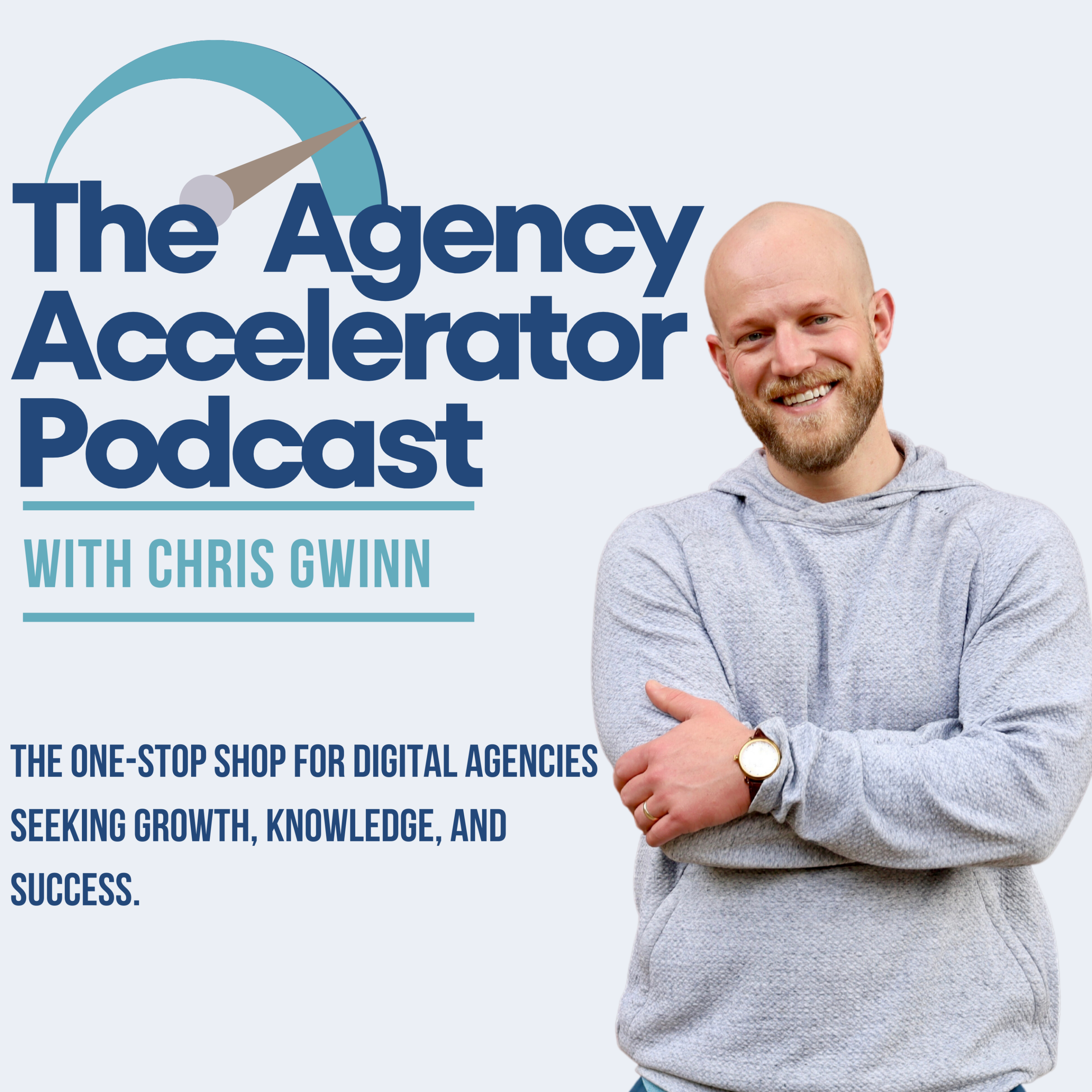Accelerate your agency’s growth.
Welcome to the Agency Accelerator Podcast, the ultimate resource for digital agencies looking to scale their business and grow their knowledge base. In each episode, we dive into topics that matter to agency owners and leaders, featuring expert insights, tips, and strategies from industry experts.
Whether you’re a startup agency or a seasoned veteran, our podcast is designed to provide you with the knowledge and inspiration you need to take your agency to the next level. From marketing and sales to operations and team management, we cover it all. Join us and accelerate your agency’s success today!

